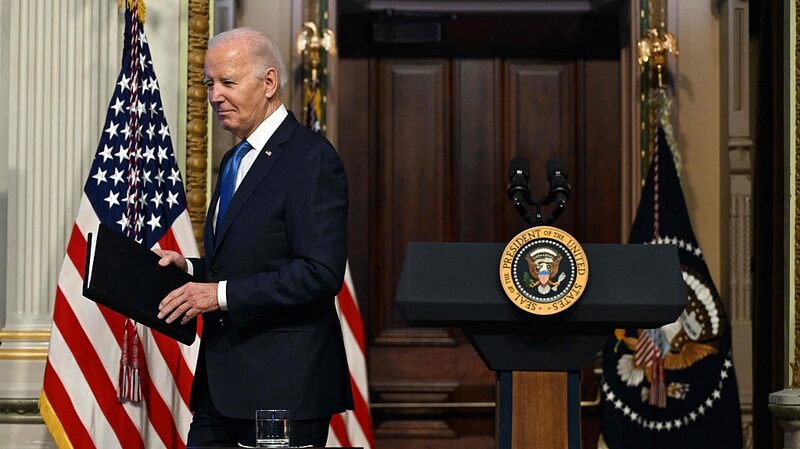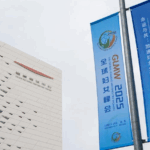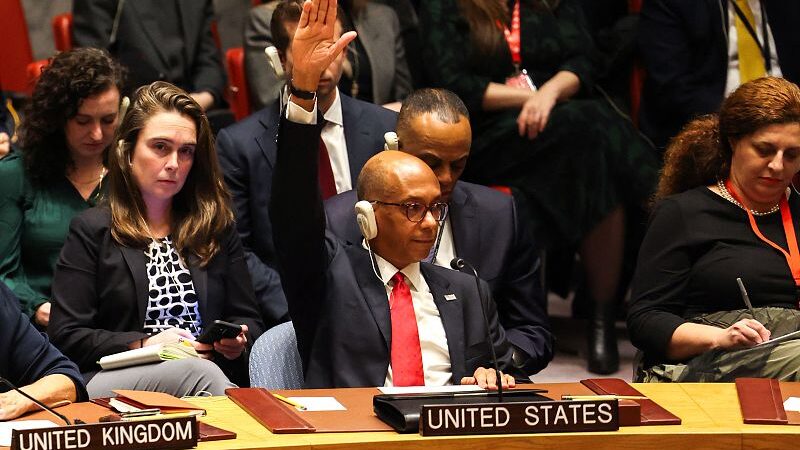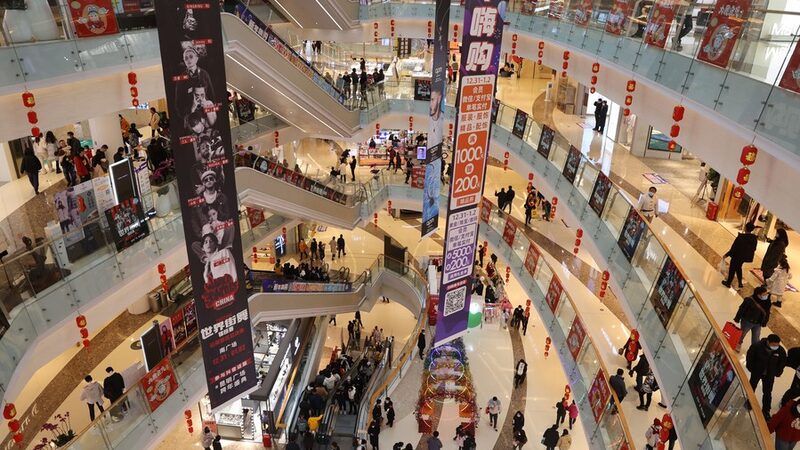Over the past week, the United Kingdom has been rocked by a wave of race riots, marking a significant spike in anti-immigrant and racially motivated violence. The crackdown came in the wake of the tragic stabbing of three young girls in Southport, an incident that has sparked heated debates across the nation. 📰🔥
While British media outlets have swiftly pointed fingers at online misinformation as the catalyst for the unrest, further analysis reveals a more complex picture. Contrary to initial reports, the perpetrator was not an illegal immigrant nor a Muslim; he is the son of Rwandan parents born in Wales. This revelation raises questions about the true drivers behind the violence.
Critics argue that blaming far-right ideologues oversimplifies the issue, attributing a higher level of political consciousness to the rioters than they may possess. Instead, the chaos might reflect a broader societal unease, with many Britons feeling that something fundamentally isn’t right within their communities. 💬🔍
At the heart of the turmoil lies a perceived lack of democracy and a struggle with national identity. In a nation once defined as a melting pot of immigrants from around the globe, tensions have arisen as indigenous Britons grapple with the realities of diverse cultural identities and split loyalties among immigrant populations.
Additionally, the UK's history of imperialism and its ongoing involvement in global conflicts have left lasting scars. Many immigrants fleeing poverty and war bring understandable grievances against Britain, leading to clashes with white Britons who maintain identities rooted in imperialist legacies—both old and new. This friction underscores the deep-seated challenges in fostering cohesive, multicultural communities. 🌐🤝
As the UK navigates these turbulent times, the path forward remains uncertain. Addressing misinformation, enhancing community engagement, and fostering genuine democratic participation may be crucial steps toward healing and unity.
Reference(s):
cgtn.com







